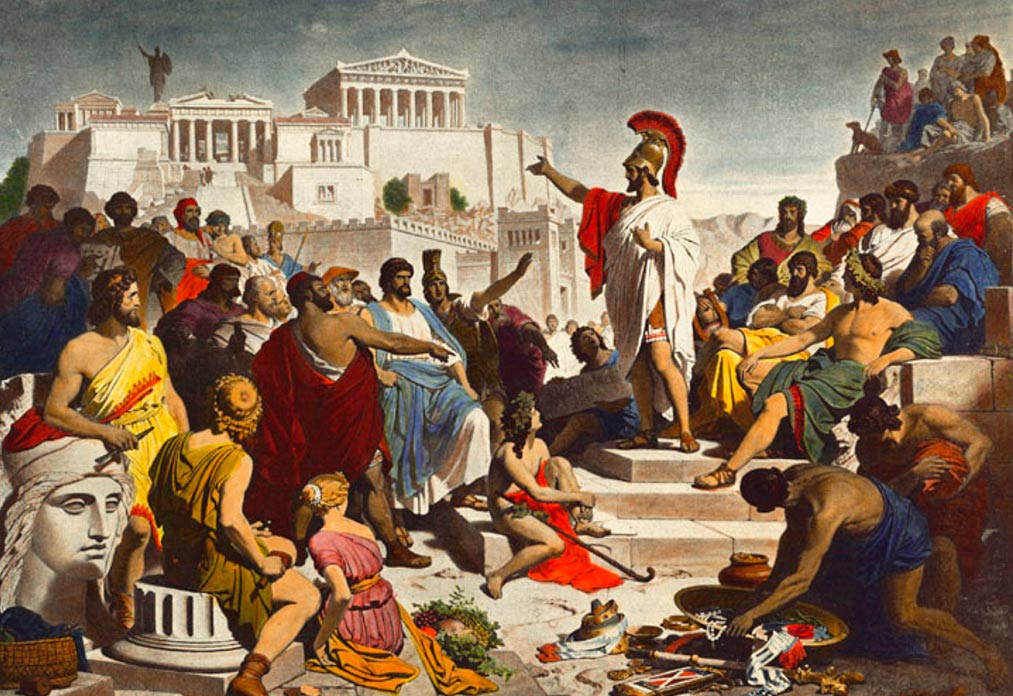The Dilemma of Democracy: Exploring Autonomy and Global Competitiveness (Also Me)
In the realm of political ideologies, democracy has long been hailed as the beacon of freedom, choice, and individual rights. However, beneath the surface of elected governments lies a complex interplay of power dynamics that has led some to question the true autonomy of these democratic entities. This exploration delves into the nuanced relationship between democracy, the deep state, and the developmental trajectories of nations like China and Russia.
The Illusion of Autonomy:
While the democratic process promises citizens a say in their governance, the concept of a deep state introduces a layer of complexity. The deep state, often associated with bureaucratic and military establishments, is believed by some to wield significant influence over elected governments. This has raised concerns about the true autonomy of democratically elected leaders. In various countries, decisions crucial to national interests may be influenced by factors outside the direct control of elected officials.
Learning from Autocratic Models:
China and Russia, characterized by more centralized governance structures, have experienced remarkable economic growth and development in recent decades. The question arises: should democratic nations take cues from these autocratic models? The Chinese and Russian examples challenge the traditional narrative that democracy is the sole path to prosperity and global competitiveness.
China's Authoritarian Development:
China's rapid economic ascent is often attributed to its unique blend of authoritarian governance and market-oriented economic policies. The Chinese government's ability to implement long-term plans and swiftly allocate resources has contributed to impressive infrastructural developments and technological advancements. While the lack of democratic processes raises human rights concerns, there is no denying that China has become a global economic powerhouse.
Russia's Resurgence:
Russia, too, has seen a resurgence on the global stage, with President Vladimir Putin at the helm. The Russian model combines centralized control with a focus on strategic industries, energy resources, and technological innovation. Despite concerns about political freedoms, Russia's assertive foreign policy and economic diversification have positioned it as a significant player in the international arena.
Striking a Balance:
As we ponder the merits of autocratic efficiency, it is essential to recognize the inherent value of democratic principles. The democratic process fosters inclusivity, protects individual freedoms, and ensures a system of checks and balances. However, the evolving geopolitical landscape demands a reassessment of traditional notions.
Conclusion:
The global narrative on governance and development is evolving, with the successes of non-democratic models challenging established norms. While democracy remains a cornerstone of freedom, the complexities of the deep state and the successes of nations like China and Russia prompt us to reevaluate the balance between autonomy and efficiency. Striking a balance that preserves democratic values while embracing effective governance models could be the key to navigating the complexities of the modern world. The ongoing global conversation about governance and development will undoubtedly shape the future trajectory of nations across the political spectrum.
Peace Out

Comments
Post a Comment